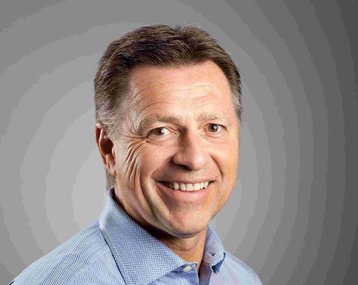Global data center giant Equinix has reported a 3 per cent increase in revenues, to $665.6m, over the previous quarter and a 10 per cent increase in revenues from the same quarter last year, helped by strong growth in snapping up cloud customers.
This is now the fiftieth consecutive quarter in which Equinix has reported revenue growth. While revenue grew, earnings surged upward at the real-estate investment trust thanks to a relative lowering of overall expenses. Selling, general and administrative expenses were $200.8 million for the second quarter, a rise of 4%, whereas revenues (up 10%) grew 250% quicker than costs.
In May Equinix announced its intention to buy European rival Telecity Group for £2.35 billion ($3.6 billion), a deal that would create a powerful duopoly in the European colocation market and give it significant leadership in the race to provide global coverage.
There isn’t a customer today that’s not interested in cloud
Equinix chief executive offices Steve Smith told Marketwatchc the growth in revenue was unremarkable in the current climate. “If you look across the data center world, everybody’s generally doing pretty well,” said Smith, “there isn’t a customer today that’s not interested in moving from in-house IT to the cloud.”
Smith said Equinix hopes to streamline the takeover of Telecity by allowing European Commission regulators, rather than individual countries, to review the deal. The company still expects the deal to close sometime in the first half of 2016.
Equinix’s profit jumped to $59.3 million from $10.1 million a year earlier. The company’s sales outlook for the next (third) quarter of 2015 is projected at $681 million to $685 million and it reported that it expects full-year revenue between $2.69 billion and $2.7 billion.
Superior coverage, bolstered by the Telecity acquisition, will see Equinix continue to surge ahead, according to Smith. “The scope, scale, reach and diversity of our global offering remain without parallel,” said Smith, “we are continuing to invest across systems, processes and people to ensure consistent service delivery worldwide.”

